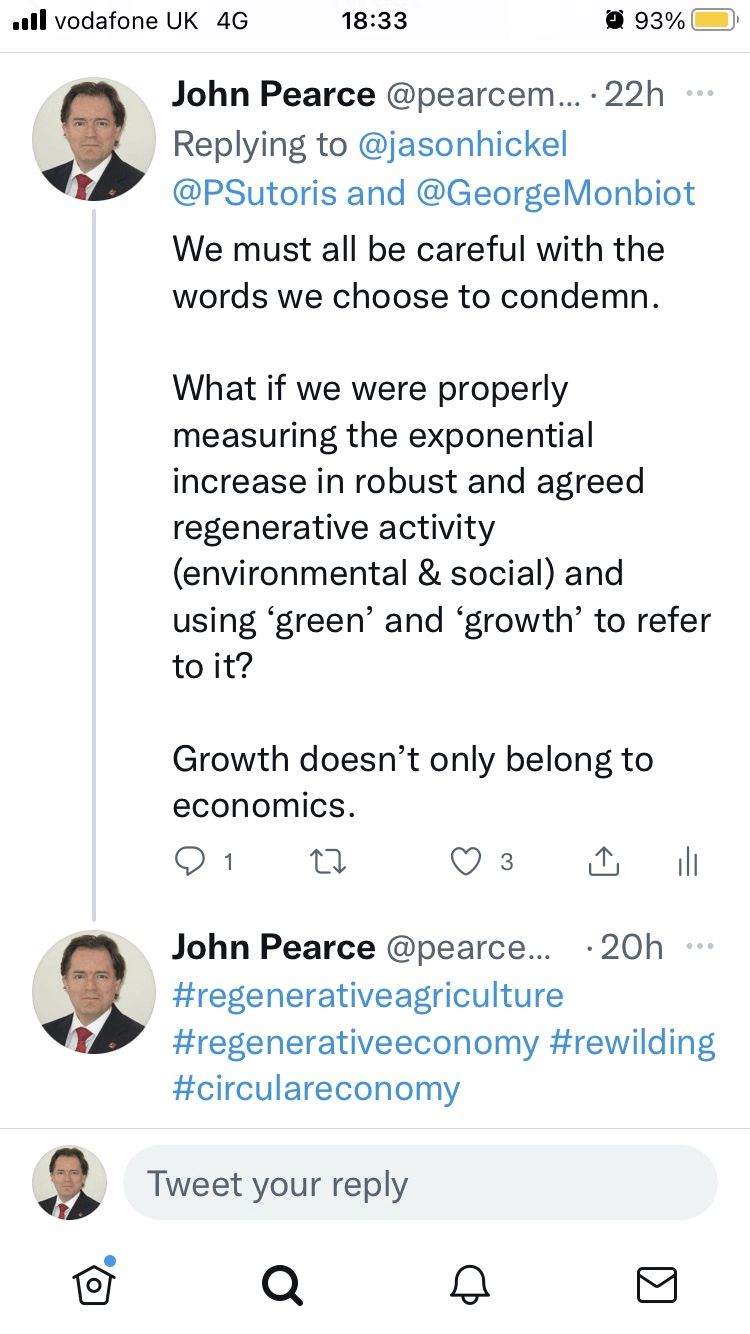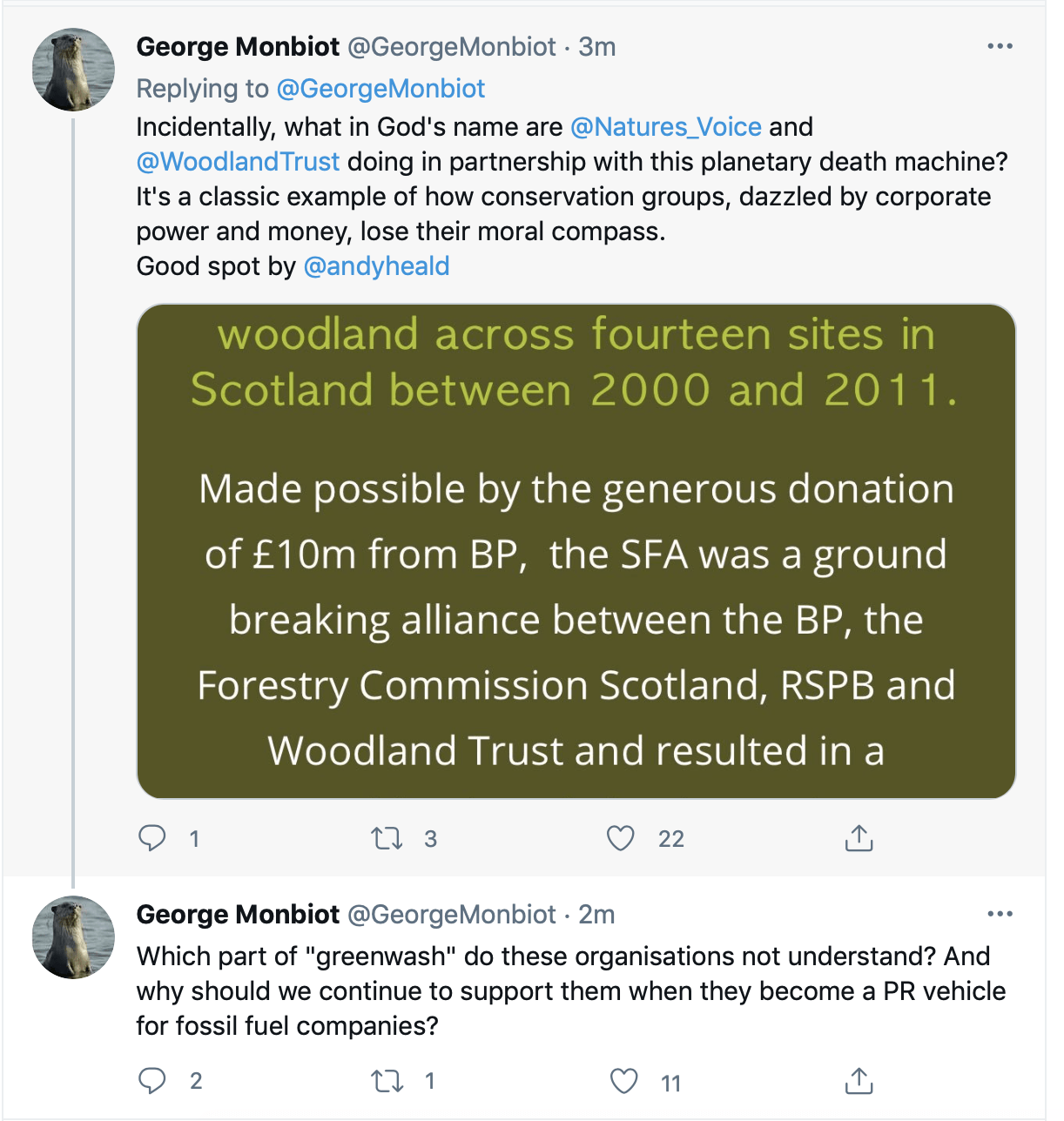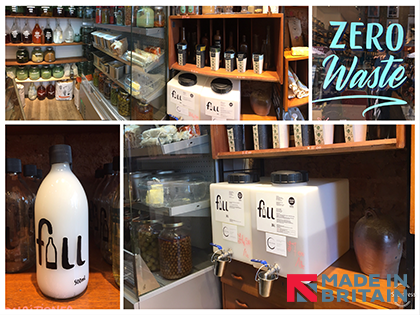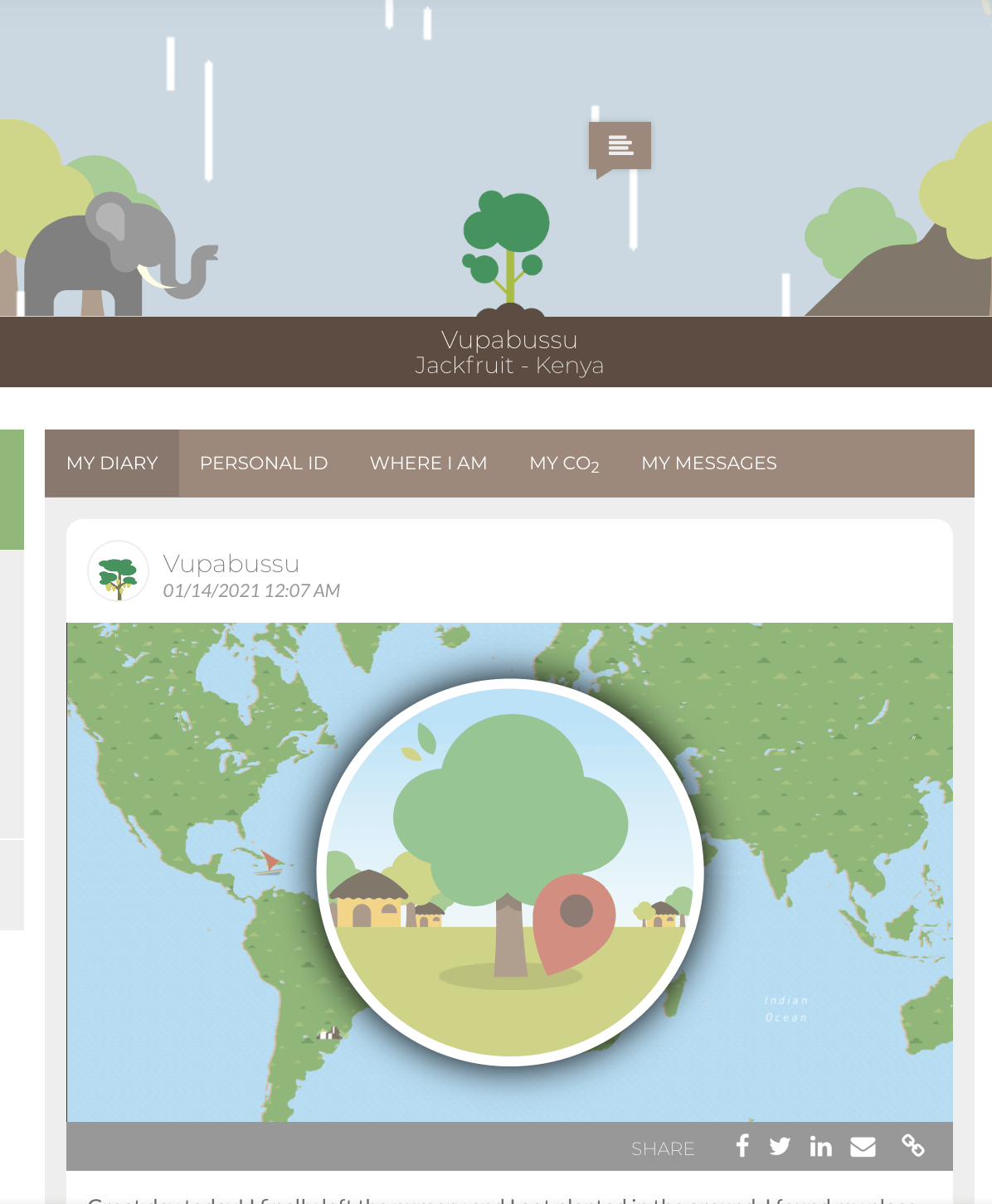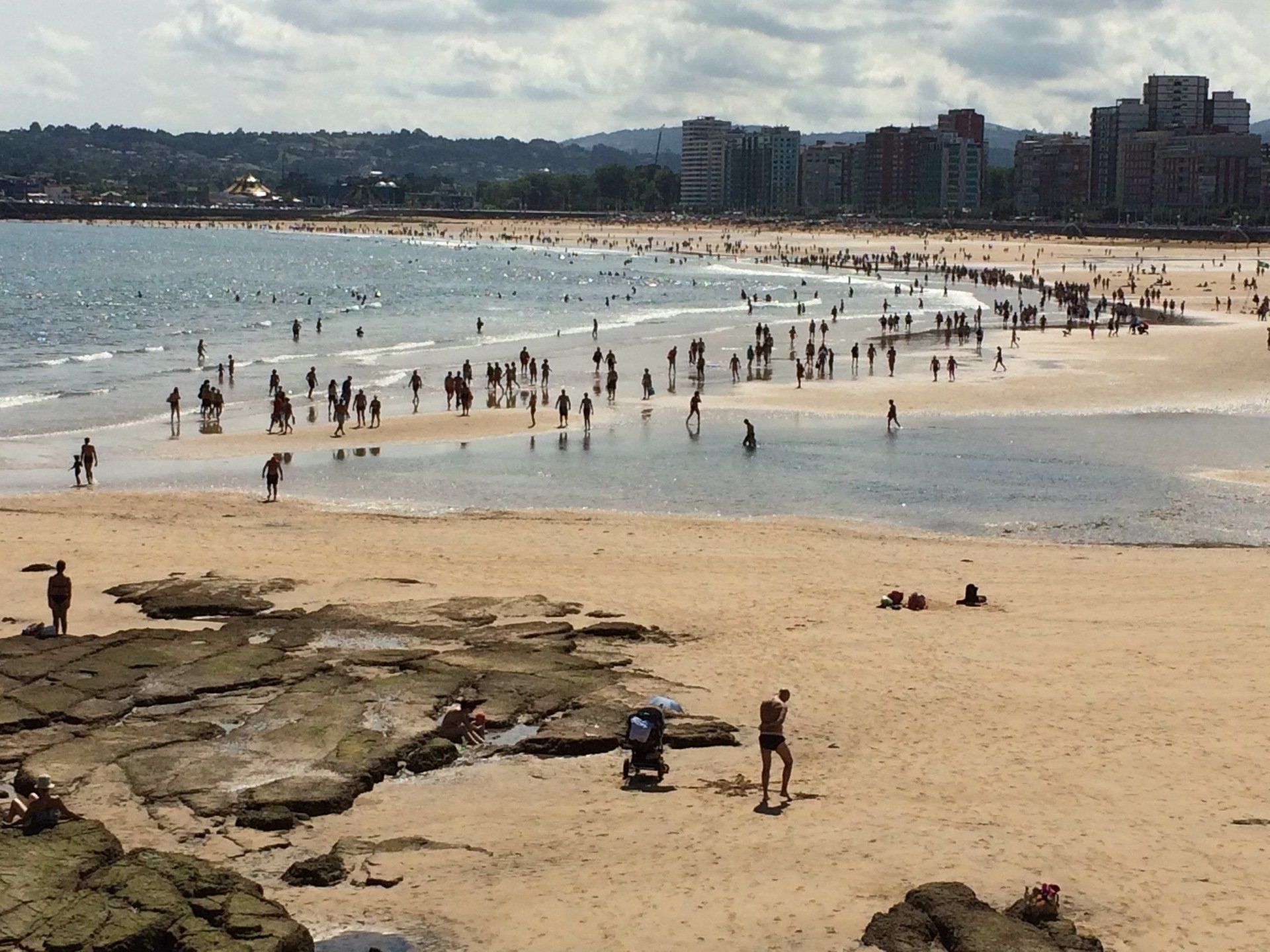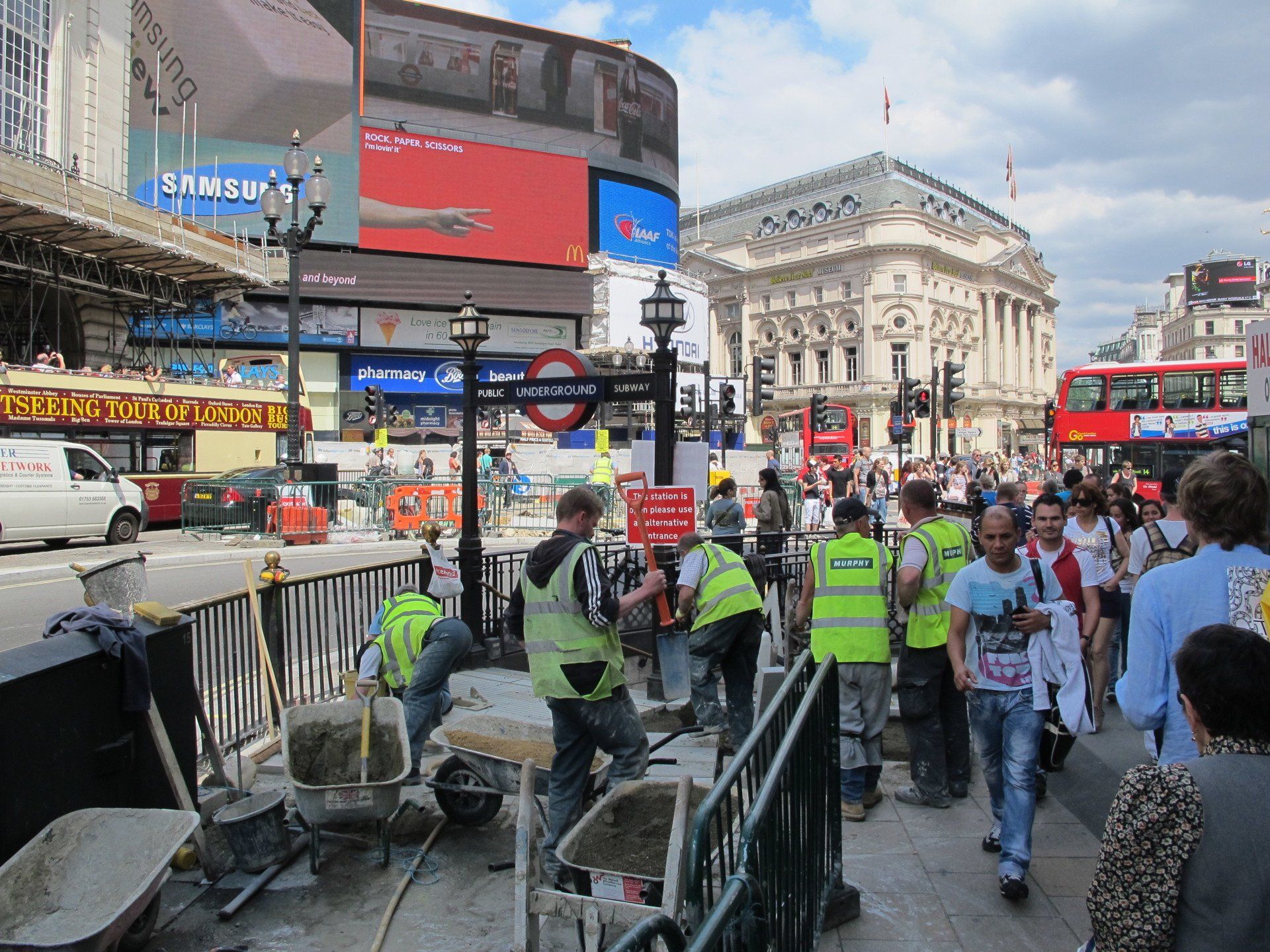17 November 2023
UNGC (UK) Advisory Panel member
And very proud to be asked...
17 October 2022 (next week)
It seems green growth has become a 'thing' already. Over the weekend of 28 Sept 2022, as the Labour Party conference was just getting started, someone at HQ decided green growth was a good way to talk about a sustainable, fair future for everyone.
17 July 2022
17 September 2022
GREEN GROWTH: PEOPLE, PRAXIS AND THE POWER OF WELL-CHOSEN WORDS
Just because someone doesn’t want a new phrase or word to become common place, doesn’t mean it won’t. Not so long ago, some sought to make the case for the two-word terminology ‘climate change’ not being the best shorthand to refer to; ‘the way the weather is changing in weird ways, that signals we’re pumping too much CO2 into the atmosphere and that the multiple impacts may well be catastrophic’.
The brilliant, award winning, campaigning journalist, George Monbiot works tirelessly to warn everyone of total natural world collapse. He also believes that green growth is just greenwash and we should all be sceptical of anyone, especially people in big business, talking about it, because those people will all be using it with one meaning (their own), but expecting the reader to be fooled into assuming it is a good thing – because green is just a good environmental colour and growth is just good all round, isn’t it? Well here’s the thing. Isn’t George really just meant to be focused on warning us all about climate change or natural world breakdown. In his switcheroo of ‘change’ for ‘chaos’ and ‘don’t say green growth’, he is warning us that these two words, if they achieve common place use, with the meaning that is positive, it might, by then, be too late for us all to unlearn that meaning. And all this before we’ve all learned exactly what degrowth is or what it means to us or anyone else.
The unfortunate truth and equally infinite beauty of language is that words and phrases can be such powerful motivators, that no matter what authors, activists, writers and thinkers all do, it is society that will work out how it wants to use words to achieve the outcomes it needs. Stop for a minute and try to remember when you first heard of or spoke the words ‘Net-Zero’ or “Going Green” or “Levelling Up”. These phrases and words used together or apart are only as powerful as the energy we give them through interactive socialisation and inclusive language. It is people and dialogue that will decide whether ‘green growth’ is just greenwash. George and Jason can try to convince us otherwise, but ultimately, it’s people and their interactions who use words in millions of ways to shape a better future for themselves and others and the planet.
References
https://www.daera-ni.gov.uk/sites/default/files/publications/daera/Green%20Growth%20Summary.pdf
https://en.wikipedia.org/wiki/Green_growth
https://www.greengrowthknowledge.org
https://blogs.worldbank.org/voices/case-for-inclusive-green-growth
https://www.madeinbritain.org/about/green-growth-programme
17 June 2022 (a day or three later..)
Visiting the one classroom where William Shakespeare
was taught for 8 years of his life was simply wonderful.
Here's the website: Schoolroom & Guild Hall

17 May 2022 (yes, today)
circular-equality
starts today
Using Freire's theory of dialogic co-construction to establish shared meaning, Marshall Ganz theory of public narrative to galvanise people and drafting a work plan before the end of this year, I am sure I can create a critical mass of diverse people from global north and south that agree:
Reducing all global inequalities is just and
as urgent as the restoration and regeneration of all the natural commons.
Both ambitions are equally vital to us all.
18 April, 2022 (whoops!)
Four great books that pointed me to
Circular-Equality
Pedagogy of the Oppressed
Brazilian,
Paulo Freire's prophetic and brilliant theory of social and educational exclusion and what to do about it.
Doughnut Economics
Dreadful (editor chosen) title but this book, and the author,
Kate Raworth are the biggest pioneers that I have read on the topic of a fairer economy that serves people and planet.
Less is More
Jason Hickel is probably the youngest economist pushing the very difficult sell of 'de-growth' but his book inspired me to the name for this blog, and he does tell the 'Global South' story very well.
The Lorax
I got to this late - but it's brilliant and a perfect reminder that this topic of circularity is NOT new at all - we just we're paying close enough attentions.
YES! It's the 17th March 2022,
and we are moving
back to
CE or EC _
GG:MiB do not get picked for EarthShot prize nomination.
Circular-equality is the big (very big) idea for this month. Fusing circularity with inequality metrics into a new accreditation scheme is highly achievable and could be set up in 12 months or less. BUT, will it be helpful and does measuring both together help achieve a faster improvement on both.
What I will do is, rather than make a business plan, I'll write a (Ganz) public narrative planner, based on the MiB modelling but charging differently. Then I'll write to at least 17 people to ask if they see an advantage (an exponential one) to seeing the metrics for social and environmental performance in the same place and treated equally.
Tony's Chocolate 2022 report would be a good place to start, as would AstraZ
and also this story here:
The Guardian (of course)
EQUALITY was key to ancient Mexican city’s success, study suggests: At its peak Monte Albán was home to 17,000 people, despite a lack of water supplies or fertile land.
Not on the 17th February 2022, but definitely on the 16th
I entered Made in Britain Green Growth Programme into the Nominee invite of John Elkington's VOLANs organisation, looking for EarthShot entries. If we win, which we should, I'll set up a Green Growth foundation.
THAT would be a big step towards, Circular-Equality
17 January 2022
This looks like it will be the year we smoke out B-corp as not much more than exclusive (and very cool) greenwash.
It won't be easy, there are 100s of others and we don't have much time. But if I can assemble the team (and include Team Emma, then it can definitely happen.
The USP might be that we ask people to upload evidence, including of course, peer reviewed evidence. So re-wilding people (non-profits) get the chance to sit alongside the Astra Zeneca's (planting millions of trees, whilst making money in big Pharma)
RE-WILDING (always gets my attention)
This story in today's Guardian of 1000+ hump back whales is my new year effort to always include at least one really hopeful story here.
And knowing there are people like this around (wealthy individuals giving money to extinction rebellion) does also make me think there are more people to look up to than I am noticing.
Industrial scale re-wilding
From The Guardian today: Philip Hoare
Good news doesn’t get any more in-your-face than this. One thousand fin whales, one of the world’s biggest animals, were seen last week swimming in the same seas in which they were driven to near-extinction last century due to whaling. It’s like humans never happened.
Image copyright: Conor Ryan
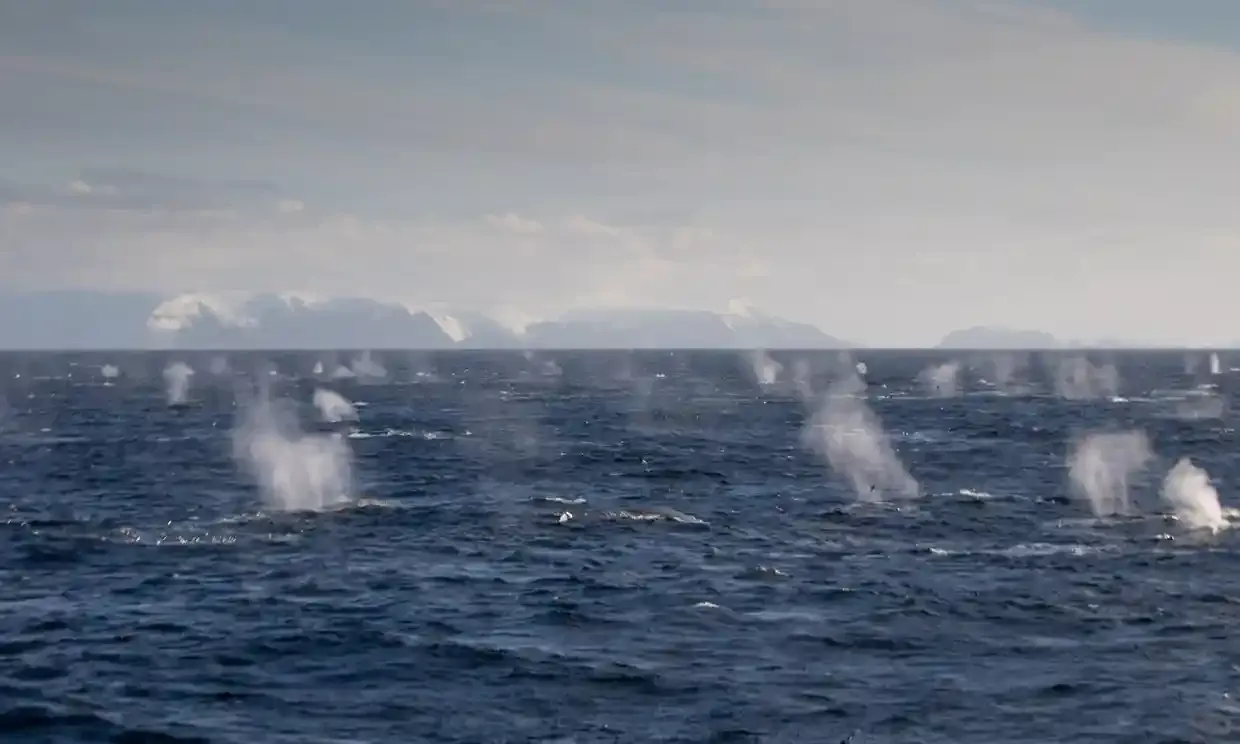
17 December 2021: literally!
A great day to celebrate all things social and circular.
The answer, I think so far based on all I have learned is this: to create an accreditation for everyone that brings them together to solve the big three global crises.
- Inequality
- Biodiversity loss
- Climate change
If Made in Britain is this:
Regulated social media building a public narrative to solve the problem of not enough businesses being 100% transparent about their achievements.
Then what is coming is this:
Regulated data and evidence gathering and presentation on the net benefit of business activity in the big three, using the icons and target setting of the globally agreed upon, SDGs.
I think.
17 November 2021: that's today..
Heffers, here in Cambridge are the circular stars this month with their bookshop full of new and old books.
01
Oxfam should worry
This predictable develop-ment in lessonomics could lead to charity shops competing directly with John Lewis. Or rather vice-versa..
02
Take it back
I asked at Heffers if they take IN old books as well as selling them in the store. They do!
That's good news.
03
Well organised
A high quality bookshop is the right place to buy high value, collectable or precious books. NOT as a way to make a few pence for a charity.
04
The economists
The business model could easily be studied for circularity or #circularism (if that is a thing yet?)
We def need an 'ism for the new economic model emerging. Surely not
DOUGHNUTISM...
17 October 2021 (again)
my poor attempt to bring Freire into the green growth debate
Re-wilding
Could strategic, fast acting re-wilding projects, be defined as green growth?
Like this one: link
DEAL
Can Kate Raworth's genius action labs start to shape a new social contract that includes green growth?
Slowth businesses
Could a for profit business that has taken 100 years to grow to £100m pa, lead to new circular businesses?
De-growth
Can millions of sceptics be convinced to down scale for a richer life and make it less socially acceptable to waste any time and money?
17 October 2021
(a day late..|:-)
Tried writing to John Elkington again on the anniversary (8th Oct) of dreaming up the idea of regenerative economics being a measure only of restoring the commons.
It didn't work.
This month's entry has to be about three key characters, sounding like they are close to giving up.
George Monbiot, Will Hutton and Lord Puttnam all sound a little like they are admitting defeat and throwing in the towel. I am 100% sure they are not, but the language they are using gives that impression sometimes.
The key reading for me this month was the life changing Pedagogy of the Oppressed.
Paulo Freire knew that words are vital so we have to pick them carefully and we can't assume they mean the same to everyone.
If we genuinely believe that solving inequality can lead to a balanced climate and economy and society, we have to interact with as many people as possible to build that utopian narrative of the future together. That's all.
I think Kate Raworth is on that path with the DEAL. I must make contact.
88 years of love & service: 12 August 1933 to 31st August 2021
Christopher Stanley Pearce
We want and we need our heroes to live forever and they do somewhere very special inspiring us to be better versions of ourselves even when we are tempted to choose something a little less than exemplary or less than perfect or simply not right but our heroes our inspirers our guides are there always in ways we often don't feel we just act on how they act if it were them and that is how our heroes are and that is why our heroes last forever
17 July 2021: Riverside
RIVERCIDE was one of my highlights this month. I gave the producers £30 which I hope helped to realise the event: a live streamed documentary hosted by the relentless prophet George Monbiot.
BacoFoil are telling the customers that read their packaging, that they are on a circular mission.
I've been invited to help shape new People/Planet event at the Eden Centre in March next year, Anthropy. I hope I can influence it producing some regenerative outcomes, like RESTORING THE COMMONS (see previous posts here) :-)
Circularism this month
It's mainstream already - thank greeness
17 June 2021: For the past two months, I've enjoyed watching the circular stories roll in through the news and commercial channels.

Menu
17 May 2021: Green growth is now a thing...offically.
Launched softly on Earth Day 22 April, the MiB GG survey is the gateway to GG programme and a soon to be challenge to B-corp.
Emma
Paragraph title
This is the text area for this paragraph. To change it, simply click here and start typing.
Mark
Paragraph title
This is the text area for this paragraph. To change it, simply click here and start typing.
Mandeep
Paragraph title
This is the text area for this paragraph. To change it, simply click here and start typing.
Alberto
Paragraph title
This is the text area for this paragraph. To change it, simply click here and start typing.
17 April 2021:
YESTERDAY, I applied for Made in Britain to join the UNGC (UK). After 6 years of working for MiB, and 4 years disseminating the UNGV values and SDGs, it's the right time to do some 'managing upwards' and help them reach more businesses and minds.
Attending a couple of extremely well meaning EF Schumacher events confirmed that not many around the world are thinking 'renewed 5th economic sector to measure exponential restoration of the commons. But SOMEONE must be...
CHARITIES are part of the growth problem. As George Monbiot and others are highlighting. So I'll be looking out for SLOWTH businesses and new regenerative economic models like Ideal and fill.
At MiB, we measure propensity for collaboration first, then positive memberships interactions, then the financial sustainability. All vital, but money, by no means, the most.
17 March 2021
The month I planned a short PPT for Lord B about regenerative economics.
Next week, if all goes well, the entire UK manufacturing sector will know about a new, 5th economic sector to measure exponential regeneration of the commons.
Emma Kent (of team JEMMA at CJBS will be joining me and Victoria Page to illustrate some circular actions from MiB members and what that tells us about the resource scarcity paradigm.
Reading 'Less is More' by Jason Hickel - illuminating.
Met Jenny Poulter at Volans
Watched Kiss the ground and loved the target, 50% regenerative farming in USA by 2025. Hopefully I can report on that here. :-)
TREEDOM
at last
17 January 2021
17 December 2020
'BRILLIANT!' That's what Ryan Rafaty (Postdoctoral Research Fellow in Climate Policy, Nuffield College, University of Oxford) said when his penny dropped on the 5th economic sector idea/theory/brainwave I had on the 8th October.
The joy, for me, of chatting to Ryan is that he already knows all about 'commons' (as in Elinor Ostrom's) and was very receptive to my lay-persons ideas about re-naming the 5th economic sector. Well, I hope I have made the acquaintance of a person to help me start campaigning for this. I'm sure lots of others are on the same pathway, with us.
We've just not met them yet. |:-)
Regenerative economics: measured, monitored exponential
17 November 2020
Say it loud. A new
economics,
business sector and lifestyle for everyone.
17 October 2020
Regeneration
Simply, the responsibility of
putting back more than
we all take out
- from resources, society - absolutely everywhere.
Thanks to John Elkington's new book, Green Swans (which was so clear, we need only read some 17 pages..) the vision is now hope. The missing link between the 'take' of economics can, thankfully, be declared as regenerative. Vital to success of this new sector is that the incremental, above the line figure of regeneration turns exponential with the growth below it. Put another way, people don't profit more than the planet does. Simple - now let's do it.
17 Sept, 2020 We can
avoid
extinction, if we focus on
'taking away', not
'adding to'
17 August 2020: Bedouim, Hickel & John Lewis
17 July 2020:Circularity challenge
Fracino
return-ability
Marmax
Less-litter/landfill
Mueller
circularity
Ideal
re-fill
17 June 2020:
MAINSTREAM
Cornell West: Black Prophetic Fire
"I am what I am, because somebody loved me..."
As lockdown (UK) starts to be released, the fear for those who
want less of everything, is that people don't know how to ask for it.
01
Furlough vs UBI
02
Clear blue skies
03
Healthcare
04
Education
Jason Hickel: professor of less 17 April 2020
Well, we didn't see that coming..
Everything has changed
No more growth
We'll need circular now
The Guardian: Adam Tooze
17 Feb 2020Things are moving fast now in the world of
lessonomics and marketing. Keeping up with all the major announcements is getting harder, reading them all - impossible. But here are a few.

It started on the undergound

Circulareconomy
Longevity / proximity / re-useability /
Lessonomics
isn't officially a 'thing'...yet! It's more like a thought experiment,
co-constructed by anyone who sees that we need to do less of some things, to achieve more of others.
co-constructed by anyone who sees that we need to do less of some things, to achieve more of others.




